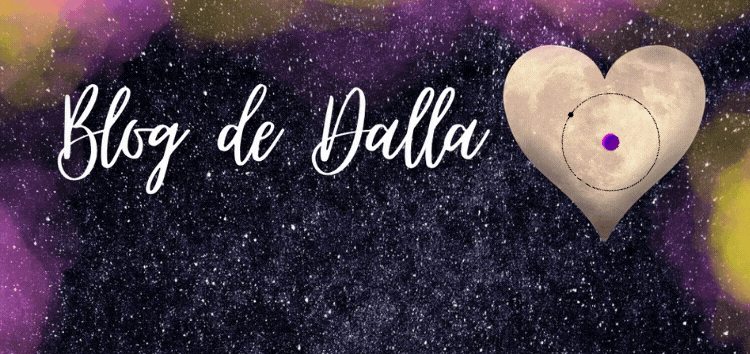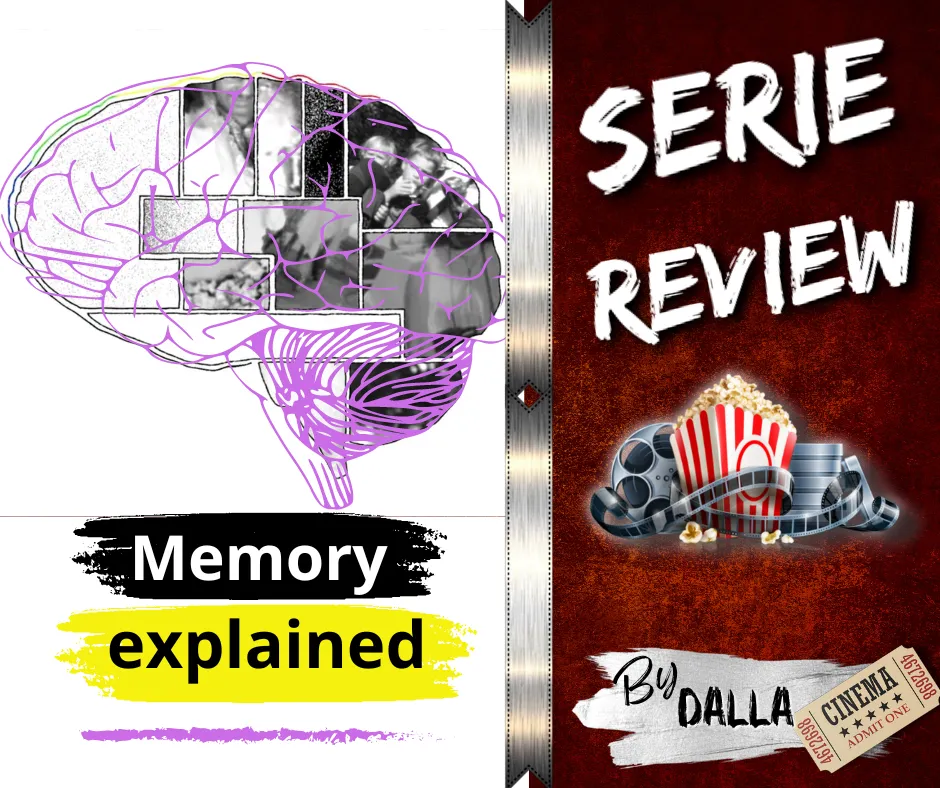

¡Saludos mis queridos amigos espectadores del Cine y la TV de #hive! el día de hoy les traigo la #review de otro capítulo de la serie "La Mente en Pocas Palabras", al cual llamaron "Recuerdos" o "Memory Explained", por su nombre original; este pertenece a la temporada 1 de la serie, pequeño detalle que se me pasó al hacer los post anteriores porque cuando empecé a verla no me di cuenta de que lo hice en la temporada 2 🥹🫠, pero honestamente, da igual, porque cada capítulo trata de temas bastante distintos uno de otro y se pueden ver en el orden que quieran.
Les cuento que la segunda temporada me encantó, como, tal vez, leyeron en mis post anteriores, pero ya vi la lista de los capítulos de esta y siento que esta me gustará aún más, este primer capítulo trata sobre la Memoria y, probablemente es porque es un tema que me apasiona, que me encantó la forma tan práctica como dieron a entender cómo funciona la formación de los recuerdos y como los traemos al presente.
Greetings my dear friends, dear viewers of #hive's Movies and TV! today I bring you the #review of another chapter of the series "La Mente en Pocas Palabras", which they called "Recuerdos" or "Memory Explained ", by its original name; this one belongs to season 1 of the series, small detail that I missed when making the previous posts because when I started watching it I didn't realize that I did it in season 2 🥹🫠, but honestly, it doesn't matter, because each chapter deals with quite different topics one from another and you can watch them in the order you want.
I tell you that I loved the second season, as, maybe, you read in my previous posts, but I already saw the list of the chapters of this one and I feel that I will like this one even more, this first chapter is about Memory and, probably it is because it is a topic that I am so passionate about, that I loved the practical way they gave to understand how the formation of memories works and how we bring them to the present.

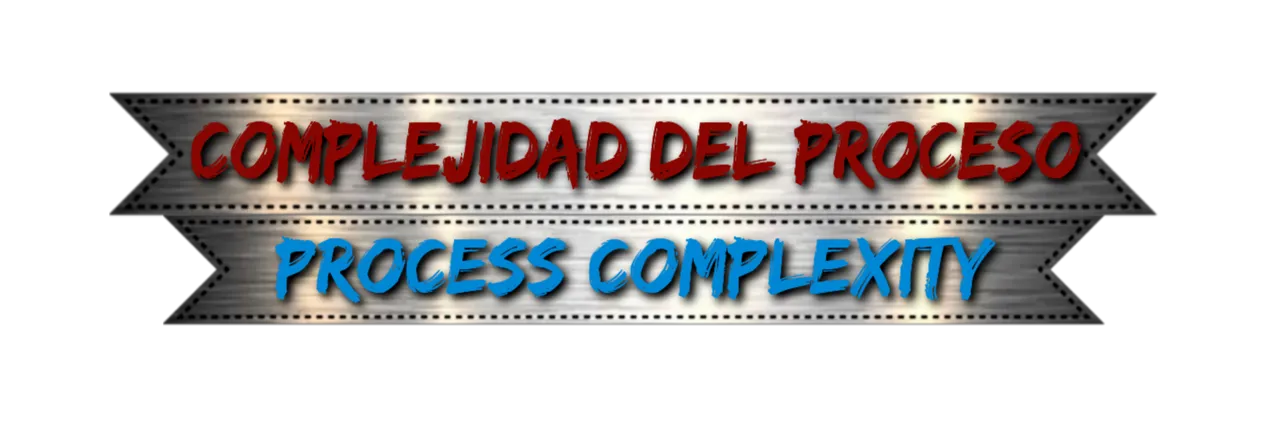

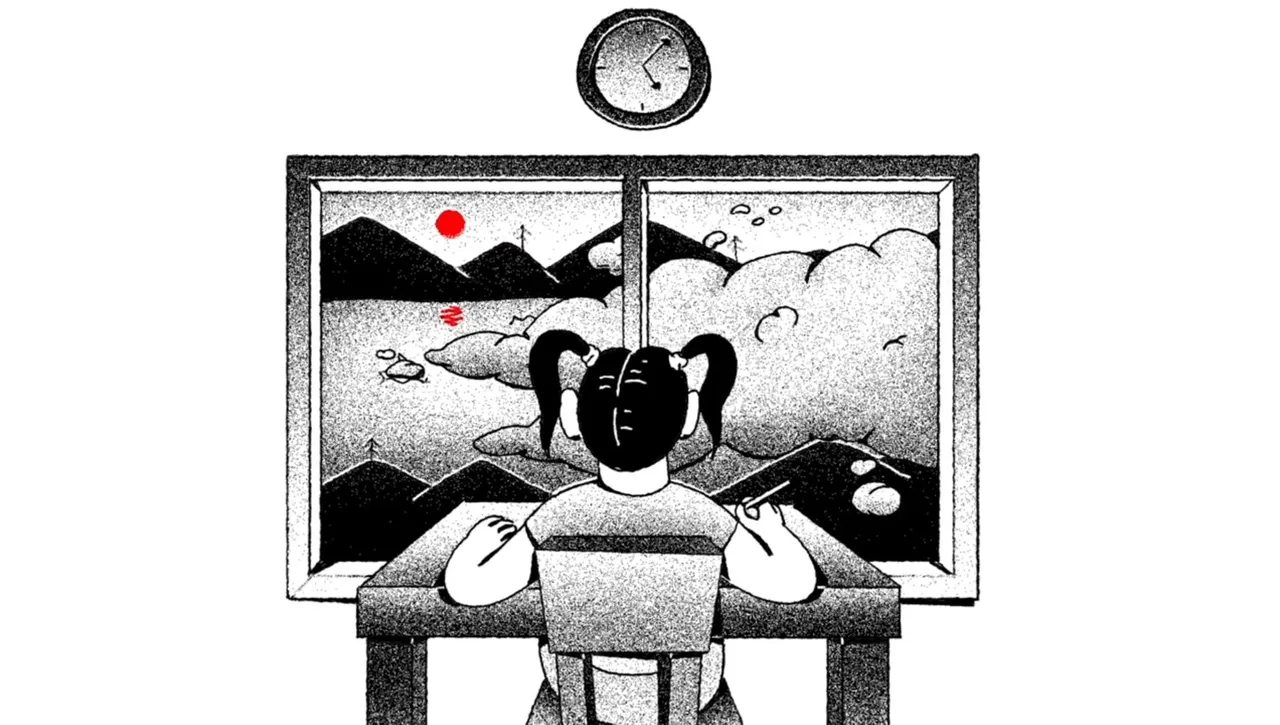
El proceso de recordar es algo importante para los seres humanos, aun cuando la mayoría no le da la importancia debida y solo se dan cuenta de ello cuando estos empiezan a fallar, se da de forma automática y hemos aprendido a utilizarla tan bien, que podemos incluso manipularla conscientemente para que el proceso se aumente exponencialmente.
En el capítulo comienzan aclarando algo interesante y que pocos conocen, que los recuerdos no son 100% fiables, es decir lo que recordamos no es del todo real y esa porción "falsa" va aumentando a medida que pasa el tiempo por los olvidos, de hecho, solo un 50% de lo que recordamos es lo que en verdad ocurrió, el resto del porcentaje nuestra memoria rellena los espacios con información que adquirió de otros lugares, incluso basándose en nuestros prejuicios creencias o actitudes.
Me pareció súper importante dejar esto aquí en mi post porque la mayoría de las personas piensan que la memoria es algo que funciona como un reservorio de información importante del pasado que puede permanecer en ella como imágenes perfectamente claras, pero la realidad es que nuestro cerebro necesita agilizar sus funciones y almacenar la mayor cantidad de información posible, por lo que solo guarda la esencia o el núcleo de la experiencia de lo que en realidad ocurrió, sin dar tanta importancia a los detalles.
Esto es necesario recalcarlo porque muchos se dejan llevar ciegamente por lo que recuerdan, pues, deben saber que tal vez eso que recuerdas ¡no lo viviste del todo tú! tal vez obtuviste la información de otra persona o de algún lugar como la radio o la televisión, de hecho, hay probabilidad de que el recuerdo incluso haya sido puesto en ti con tanto detalle y durante tanto tiempo, que tú estés convencido de que es tuyo y no el de otro ¿Qué loco cierto? Pero ¡es real! y en el capítulo te dan un muy buen ejemplo para entender esto que llaman: "Contaminación del recuerdo".
The process of remembering is something important for human beings, even though most do not give it due importance and only realize it when they begin to fail, it happens automatically and we have learned to use it so well that we can even manipulate it consciously so that the process increases exponentially.
In the chapter they begin by clarifying something interesting and that few know, that memories are not 100% reliable, i.e. what we remember is not entirely real and that portion "false" is increasing as time passes by forgetfulness, in fact, only 50% of what we remember is what really happened, the rest of the percentage our memory fills in the gaps with information acquired from elsewhere, even based on our prejudices, beliefs or attitudes.
I thought it was super important to leave this here in my post because most people think that memory is something that works as a reservoir of important information from the past that can remain in it as perfectly clear images, but the reality is that our brain needs to streamline its functions and store as much information as possible, so it only keeps the essence or the core of the experience of what actually happened, without giving so much importance to the details.
This is necessary to emphasize this because many people blindly let themselves be carried away by what they remember, because they should know that maybe what you remember, you did not live it at all! maybe you got the information from someone else or from some place like the radio or television, in fact, there is a probability that the memory has even been put in you with so much detail and for so long, that you are convinced that it is yours and not someone else's. How crazy is that? But it is real! and in the chapter they give you a very good example to understand this what they call: "Contamination of the memory".

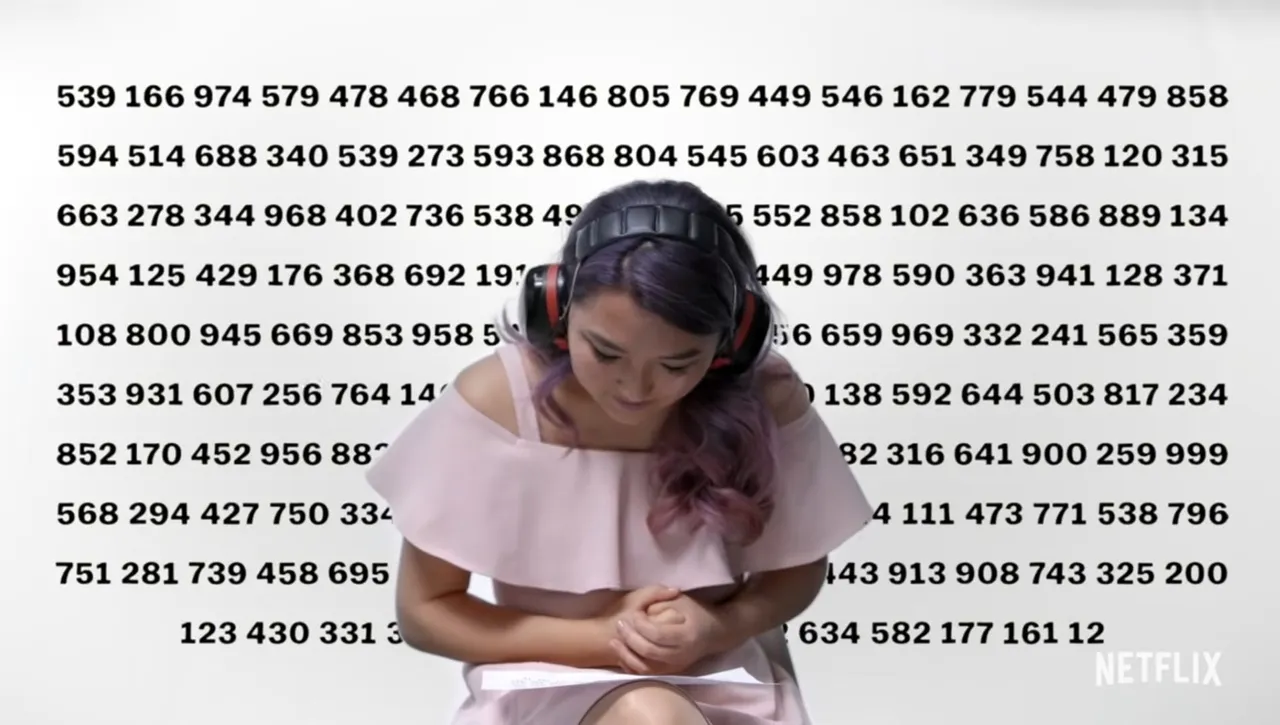
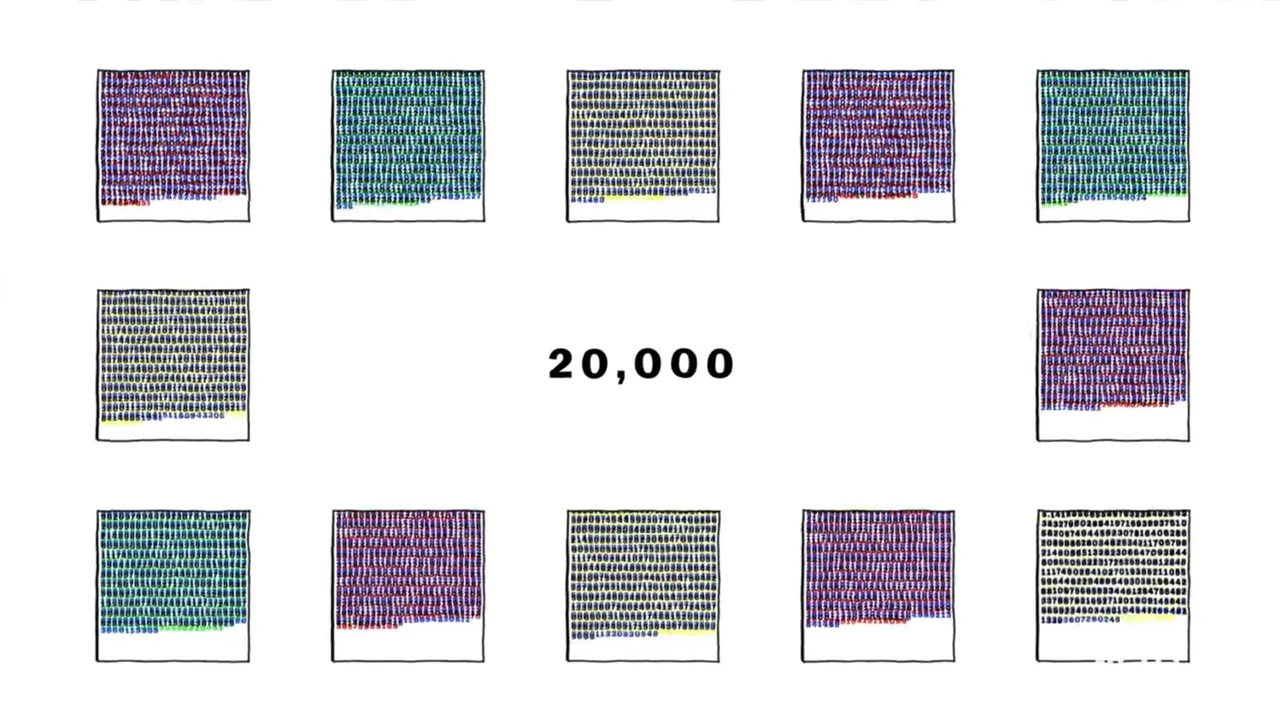
El capítulo se torna aún más interesante, porque además de tener a los Neurocientíficos especialistas en áreas específicas del funcionamiento del cerebro, como los demás capítulos de los que les he hablado, en este incluyen a una persona que ha ganado muchos títulos mundiales por haber recordado la mayor cantidad de números, palabras y caras de forma consecutiva por minutos en el "Campeonato Mundial de Memoria" y ¡Amigos, no es cualquier cosa! Hablamos de hasta 400 números en 5 minutos, y de 200 caras o casi 150 palabras en 15 minutos, lo cual me pareció ¡impresionante! Tomando en cuenta que yo olvido las caras extremadamente fácilmente y ni hablemos de los números 🫠🥹.
Como verán este termina siendo un material audiovisual que me es muy útil para mis pacientes, obviamente no quiero que aprendan esa cantidad de palabras, números o caras si tienen más de 60 años 😅, pero sí para que comprendan que lo más importante que debemos ejercitar en la mente si la queremos mantener activa el mayor tiempo posible y sobre todo la memoria, es practicar las correlaciones entre los elementos para traer luego esa información al presente más fácilmente.
Explican la técnica que usa esta y la mayoría de los competidores de ese campeonato mundial y realmente termina siendo una estrategia muy útil para aplicar en nuestro día a día para recordar secuencias, obviamente, más cortas y que nos puede ser de mucha utilidad cuando podemos tener problemas de memoria, que pueden estar dadas por muchísimas causas, incluyendo el estrés, problemas emocionales, etc, no necesariamente dados por alteraciones orgánicas cerebrales, es decir, son bastante frecuentes en realidad.
The chapter becomes even more interesting, because in addition to having Neuroscientists specializing in specific areas of brain functioning, like the other chapters I have told you about, in this one they include a person who has won many world titles for having remembered the most numbers, words and faces consecutively per minutes in the "World Memory Championship " and folks, that's not just anything! We are talking about up to 400 numbers in 5 minutes, and 200 faces or almost 150 words in 15 minutes, which I found impressive! Considering that I forget faces extremely easily and let alone numbers 🥹.
As you will see this ends up being an audiovisual material that is very useful for my patients, obviously I do not want them to learn that amount of words, numbers or faces if they are over 60 years old 😅, but to understand that the most important thing we must exercise in the mind if we want to keep it active as long as possible and especially the memory, is to practice the correlations between the elements to then bring that information to the present more easily.
They explain the technique used by this and most of the competitors of this world championship and it really ends up being a very useful strategy to apply in our daily life to remember sequences, obviously, shorter and that can be very useful when we may have memory problems, which can be given by many causes, including stress, emotional problems, etc., not necessarily given by organic brain alterations, that is, they are actually quite frequent.
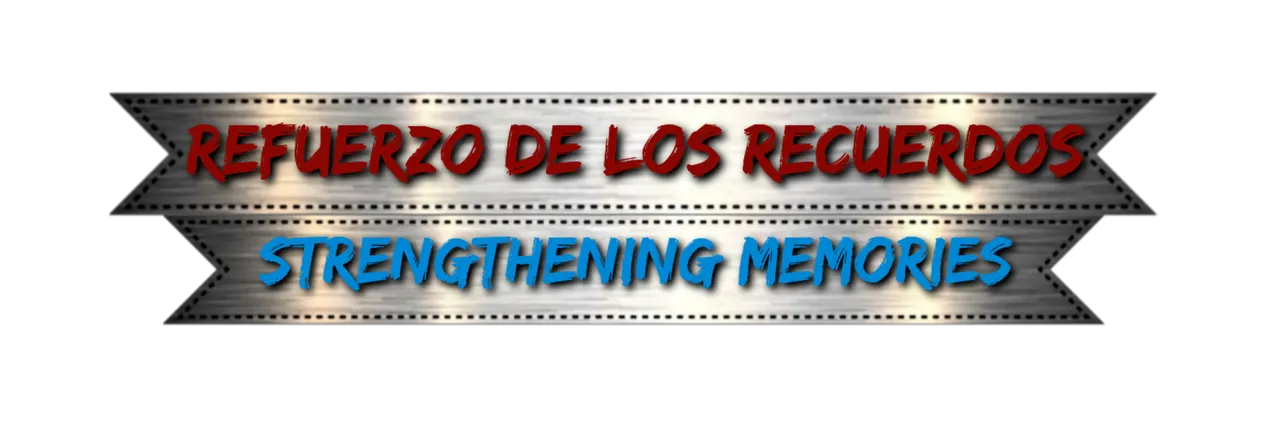
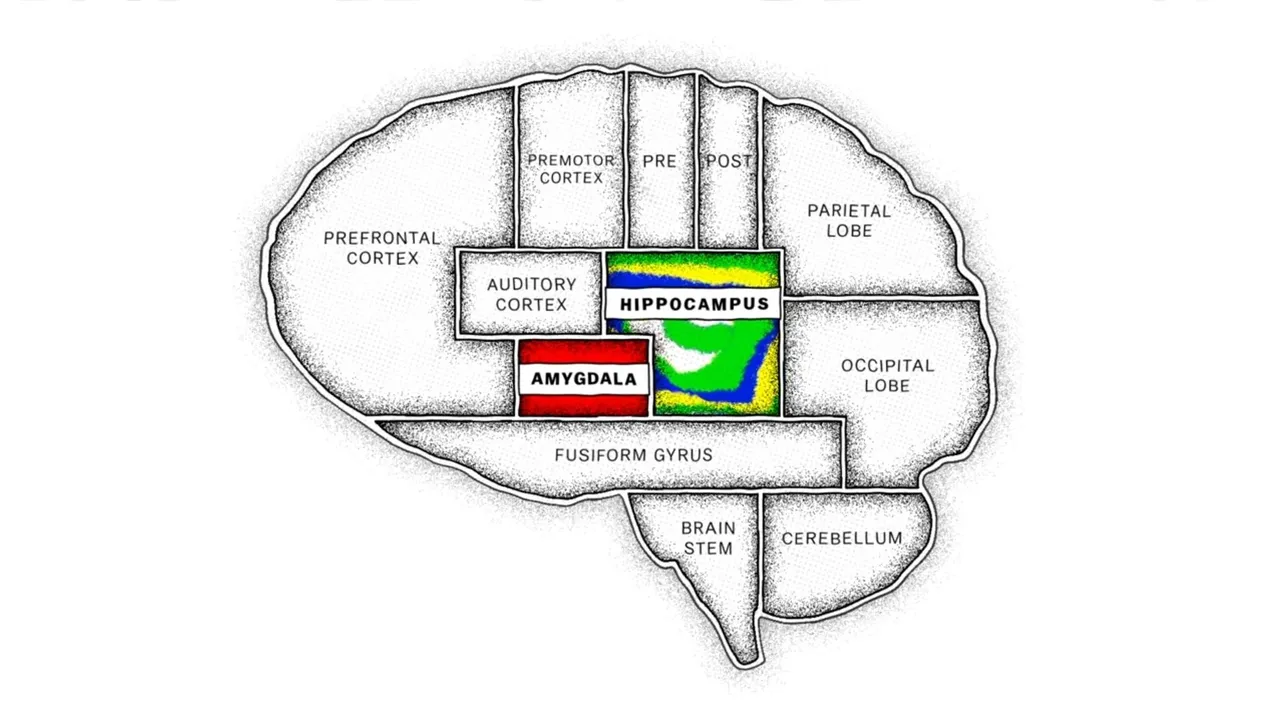
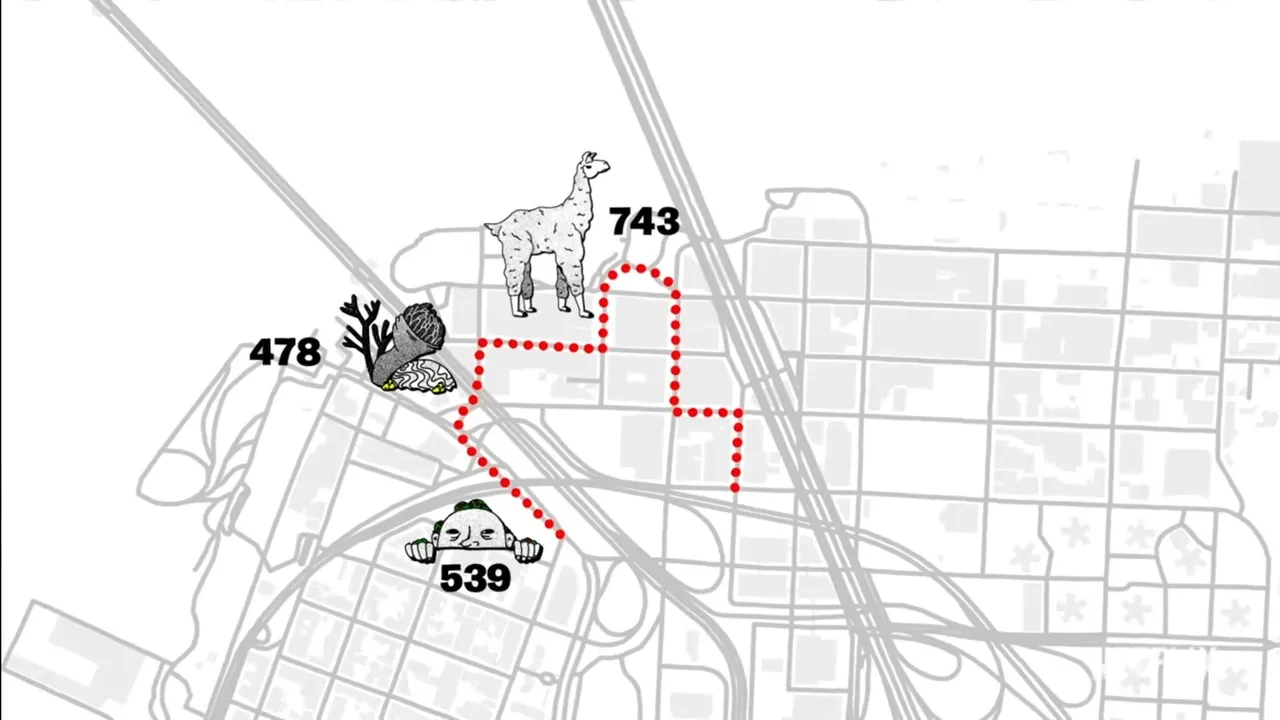
Explican que todos recordamos más determinadas situaciones, cosas o personas, basándonos en 3 aspectos fundamentales: Las Emociones, El Lugar y la Historia y que es por esto que los momentos donde tuvimos emociones más fuertes en nuestra vida pueden ser recordados más intensamente, básicamente porque el centro integrador de la memoria (Lóbulo temporal Medio) está en relación directa anatómica con el de las emociones (Amígdala).
Nos explican que igualmente el asociar estos recuerdos a un lugar específico puede hacer que sean más vívidos y que las historias los facilitan, por ello es más fácil recordar una página completa de un libro, que una secuencia numérica sin aparente correlación entre sí, sí, es la narración la que facilita todo el proceso, así como el conectarnos con el lugar donde fue vivido el suceso, hará que todo se recuerde más fácilmente.
They explain that we all remember more certain situations, things or people, based on 3 fundamental aspects: The Emotions, The Place and The Story and that this is why the moments where we had stronger emotions in our life can be remembered more intensely, basically because the integrating center of memory (Medial Temporal Lobe) is in direct anatomical relationship with that of emotions (Amygdala).
They also explain that associating these memories to a specific place can make them more vivid and that stories make them easier, that is why it is easier to remember a complete page of a book, than a numerical sequence with no apparent correlation between them, yes, it is the narration that facilitates the whole process, as well as connecting us with the place where the event was lived, will make everything easier to remember.

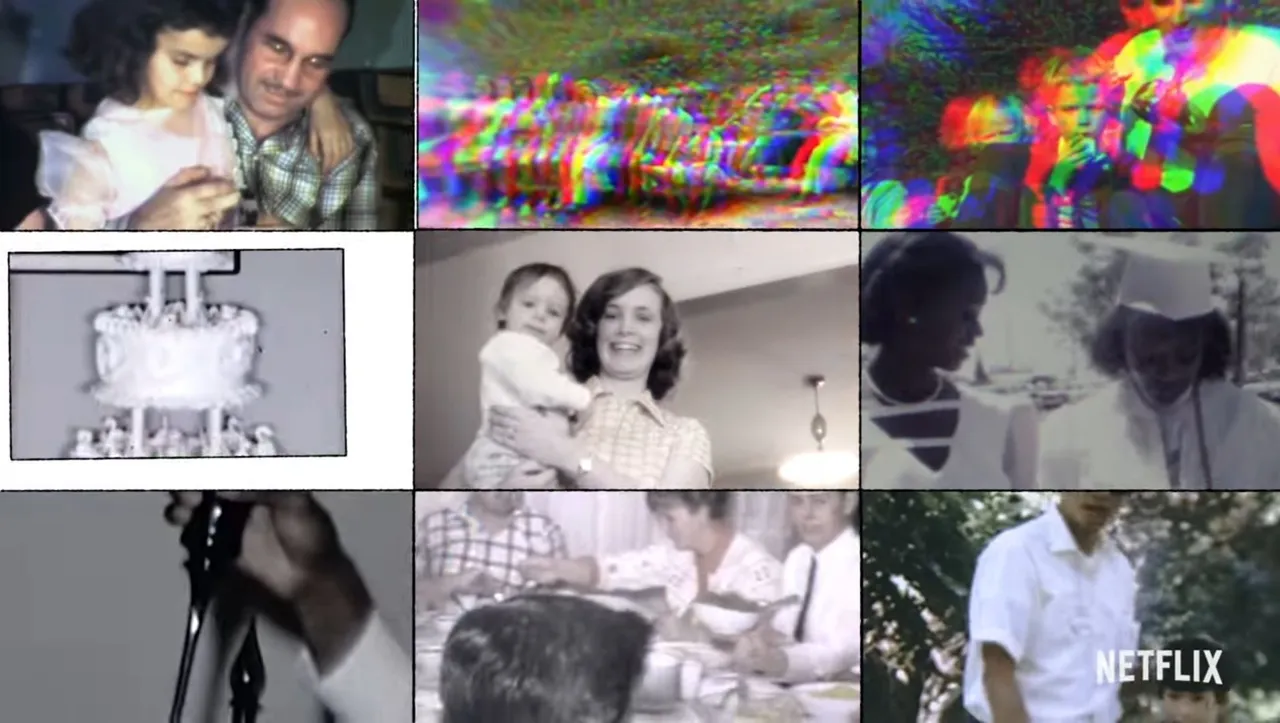
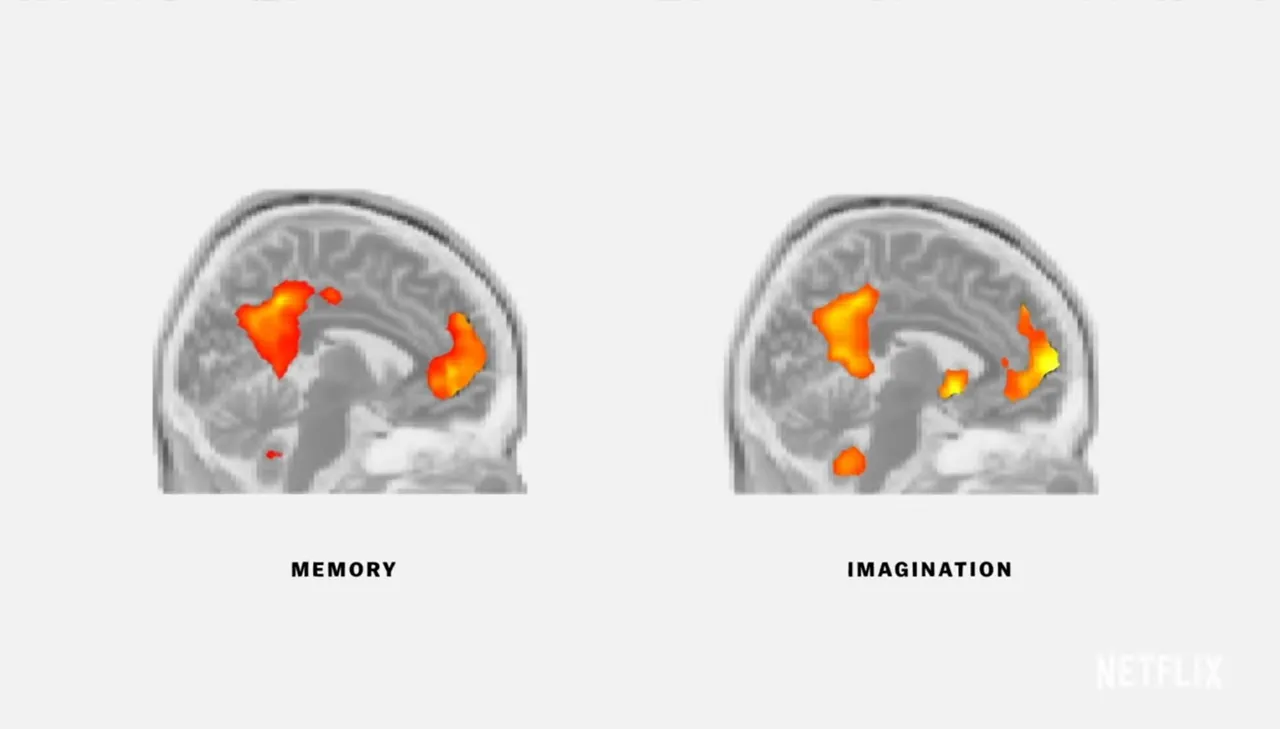
El capítulo finaliza con algo bien interesante basado en los estudios a personas que tuvieron problemas en el centro integrador de la memoria y es que hay una relación entre la memoria remota con lo que imaginamos para el futuro, básicamente todo se integra para formar tu verdadero "YO" y podemos viajar en el tiempo adelantando o retrasando en esas imágenes mentales para definir lo que eres, es básicamente como decir que tenemos nuestra propia "máquina del tiempo".
Demuestran ejemplos de personas que tenían una lesión en esta porción del cerebro a las cuales se les dificultaba imaginar el futuro porque habían borrado gran parte de su "YO", tal cual como ocurre con las personas que sufren enfermedades degenerativas cerebrales como el Alzheimer, donde vemos que poco a poco se va perdiendo completamente la personalidad, en la medida en la que se pierden los recuerdos.
Esto último me pareció bien reflexivo más que analítico, porque básicamente nos dicen que esos recuerdos que tenemos de edades tempranas son los que definieron tu personalidad en la adultez y que los que vamos formando hoy son igualmente los que van a definir nuestro futuro, por ello es tan importante vivirlos intensamente para que sean recordados más establemente y tengamos buena memoria cuando formemos parte de esa tercera edad.
El capítulo en realidad habla de otros muchos más elementos interesantes a los cuales les pueden sacar provecho incluyendo recomendaciones de estos competidores de este Campeonato Mundial de la Memoria, yo solo dejé aquí plasmados los que quiero que queden en mi blog para que les sean de utilidad a quienes me leen y se sientan motivados a verlo por completo.
The chapter ends with something very interesting based on studies of people who had problems in the integrating center of memory and there is a relationship between remote memory with what we imagine for the future, basically everything is integrated to form your true "I" and we can travel in time forward or backward in these mental images to define what you are, it is basically like saying that we have our own "time machine".
They show examples of people who had a lesion in this portion of the brain who found it difficult to imagine the future because they had erased much of their "I", just as it happens with people who suffer from degenerative brain diseases such as Alzheimer's, where we see that little by little the personality is completely lost, as memories are lost.
The latter seemed to me to be more reflective than analytical, because they basically tell us that those memories we have from early ages are the ones that defined your personality in adulthood and that the ones we are forming today are also the ones that will define our future, which is why it is so important to live them intensely so that they are remembered more stably and we have a good memory when we are part of that third age.
The chapter actually talks about many other interesting elements that you can take advantage of including recommendations of these competitors of this World Memory Championship, I only left here the ones I want to keep in my blog so that they can be useful to those who read me and feel motivated to see it completely.

Thank you for reading me!

All the images were taken as screenshots from the documentary on Netflix.
@liveofdalla using Canvas App and Picsart App.
